Famotidine Tablets
$30.00 Original price was: $30.00.$25.00Current price is: $25.00.
Famotidine Tablets
Famotidine is a medication that belongs to a class of drugs known as H2 blockers.
It works by reducing the production of stomach acid.
Famotidine tablets are commonly used to treat conditions such as gastroesophageal reflux disease (GERD), ulcers in the stomach and intestines, and conditions where excessive stomach acid causes heartburn and acid indigestion.
Famotidine Tablets
Famotidine is a medication that belongs to a class of drugs known as H2 blockers. It works by reducing the production of stomach acid. Famotidine tablets are commonly used to treat conditions such as gastroesophageal reflux disease (GERD), ulcers in the stomach and intestines, and conditions where excessive stomach acid causes heartburn and acid indigestion.
Description: Famotidine tablets are available in various strengths, typically ranging from 10 mg to 40 mg. They are usually taken orally, either with or without food, as directed by a healthcare provider.
Usage: Famotidine tablets are primarily used to relieve symptoms associated with conditions caused by excessive stomach acid production. These conditions include:
- Gastroesophageal reflux disease (GERD): Famotidine helps reduce the amount of acid produced in the stomach, which can alleviate symptoms such as heartburn, regurgitation, and difficulty swallowing associated with GERD.
- Peptic ulcers: Famotidine can help heal ulcers in the stomach or intestines by reducing stomach acid production, which allows the ulcer to heal.
- Zollinger-Ellison syndrome: This is a rare condition characterized by excessive production of stomach acid. Famotidine can help reduce acid production and alleviate symptoms in individuals with this syndrome.
Precautions: While famotidine is generally considered safe and effective for most people, there are certain precautions and considerations to keep in mind:
- Allergies: Inform your healthcare provider if you have any allergies to famotidine or other H2 blockers, as well as any other allergies you may have.
- Pregnancy and breastfeeding: If you are pregnant or breastfeeding, consult your healthcare provider before taking famotidine. While it’s generally considered safe during pregnancy and breastfeeding, it’s essential to discuss the potential risks and benefits with your healthcare provider.
- Medical conditions: Inform your healthcare provider about any medical conditions you have, especially kidney disease or liver disease, as dosage adjustments may be necessary.
- Interactions: Famotidine may interact with certain medications, including antacids, sucralfate, and certain antiretroviral drugs. Inform your healthcare provider about all medications, vitamins, and supplements you are taking to avoid potential interactions.
- Side effects: While famotidine is generally well-tolerated, it can cause side effects in some people, including headaches, dizziness, constipation, and diarrhea. If you experience any unusual or severe side effects, inform your healthcare provider.
Always take famotidine as directed by your healthcare provider and follow their instructions carefully. Do not exceed the recommended dosage or take it for longer than prescribed without consulting your healthcare provider. If your symptoms persist or worsen despite taking famotidine, seek medical advice.
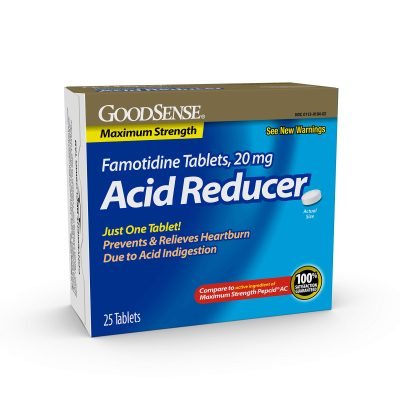
Reviews
There are no reviews yet.
Related products
Pills
Pills
Pills
Pills
Hallucinogens
Pills
Pills

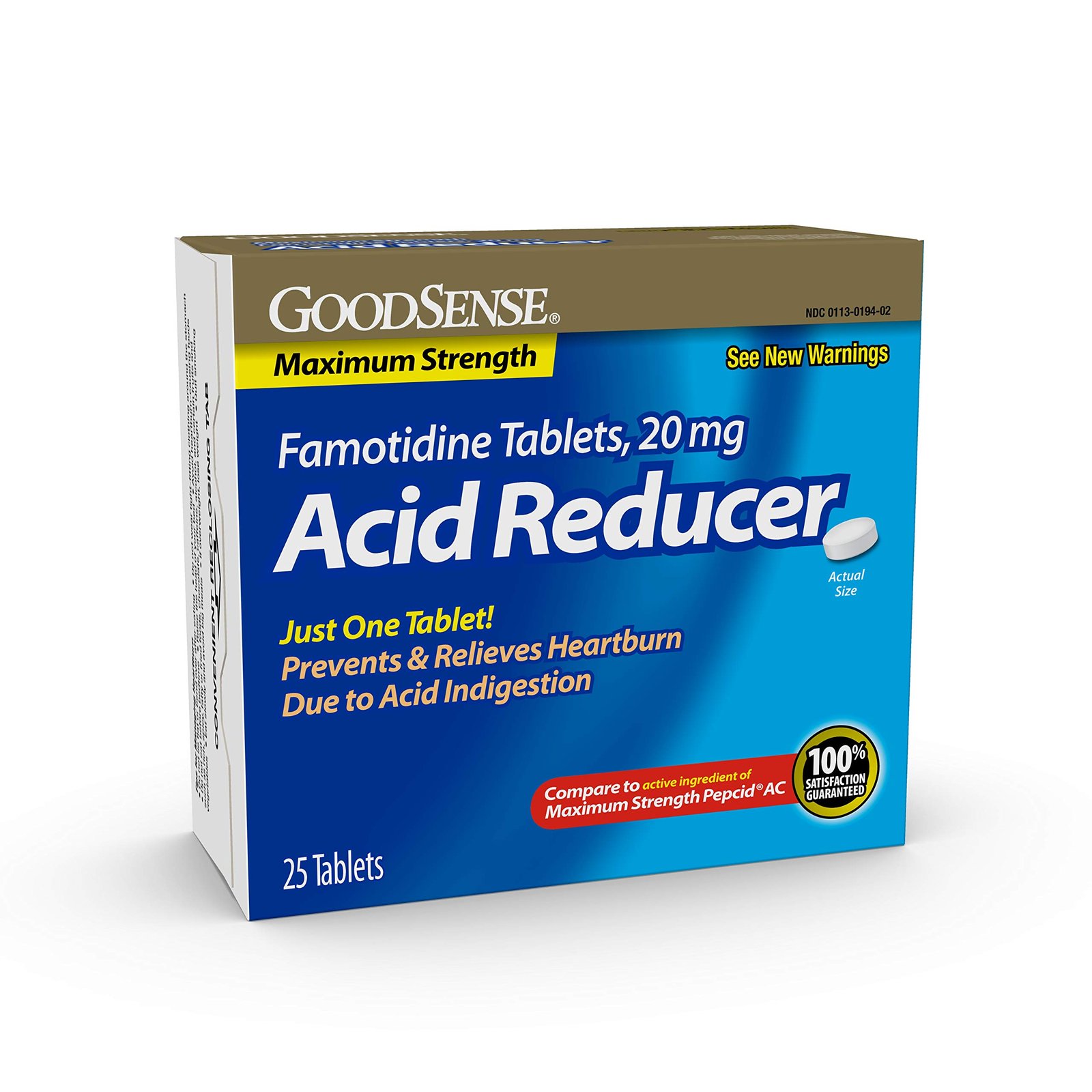
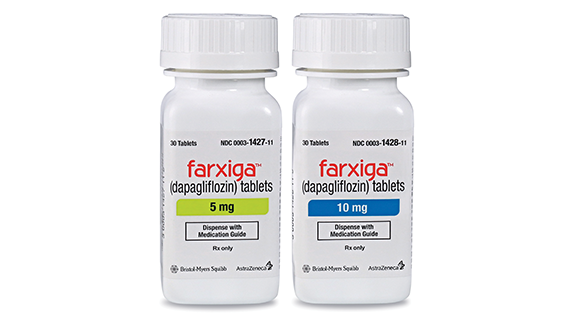
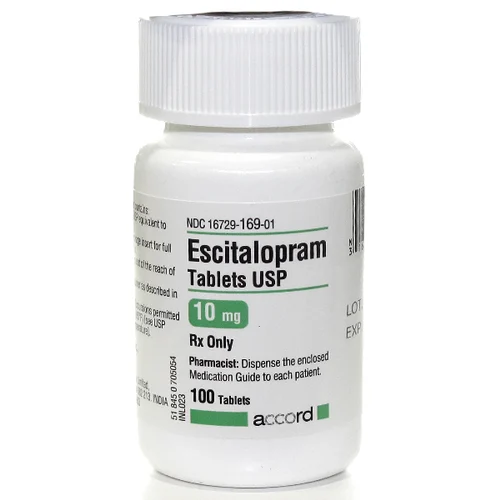
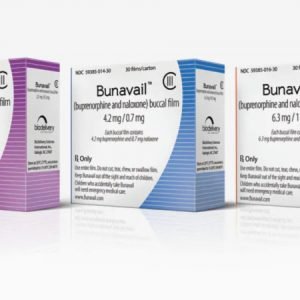
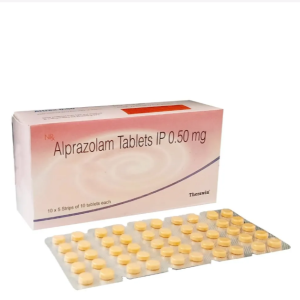

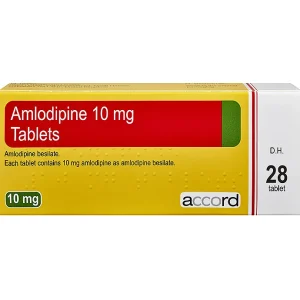



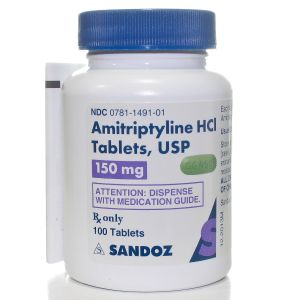
Be the first to review “Famotidine Tablets”